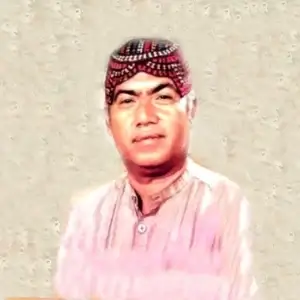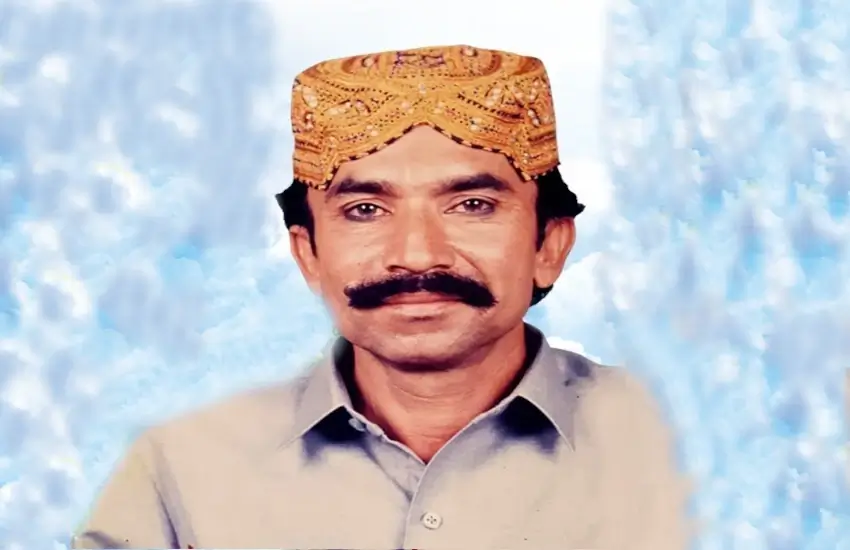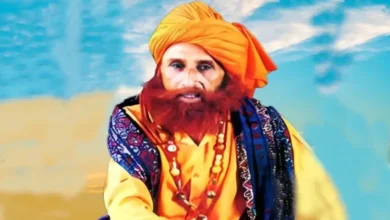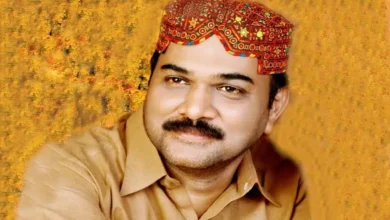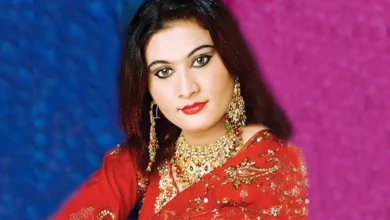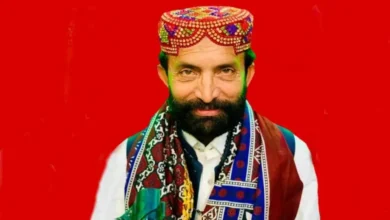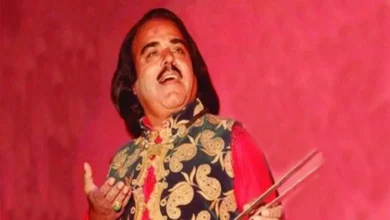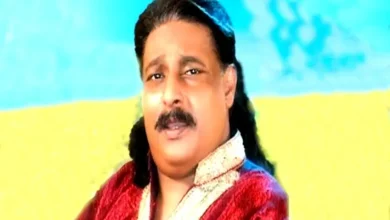Muhammad Qasim Otho – Bio, Top 10 Best Sindhi Folk Music
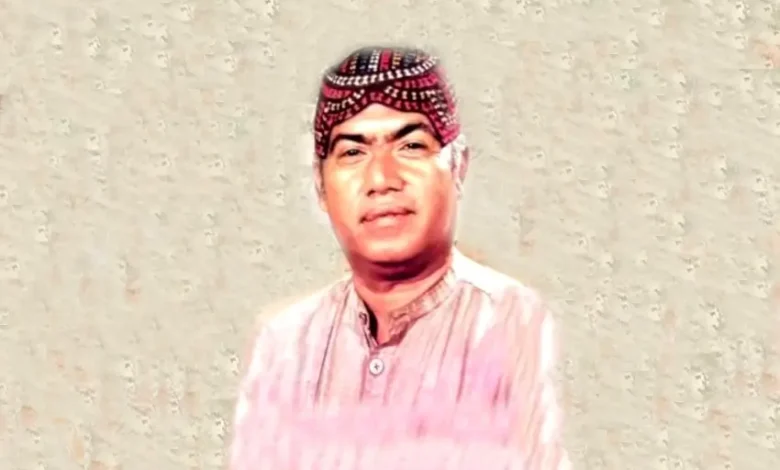
Muhammad Qasim Otho, the most popular Sindhi Classical Music Artist. The rich history and cultural significance of Sindhi classical music is due to the many contributions of Muhammad Qasim Otho. Otho is a prominent figure, his work in Sindhi classical folk music has left an indelible mark on the culture of Sindh. This article examines the life, achievements, and legacy of Muhammad Qasim Otho, highlighting his pivotal role in popularizing Sindhi music.
Best Muhammad Qasim Otho Sindhi Music Download
Biography and Early Life
Muhammad Qasim Otho was born in 1962 in Wangi Otha village in Taluka house of Tando Allah Yar district of Sindh. Growing up in a multicultural environment, Otho was exposed to traditional Sindhi music from an early age. He was passionate about music during his formative years, which would later define his career and legacy.
Musical Training
Otho’s musical journey was largely shaped by his training under two prominent Sindhi musicians, Shadi Fakir and Muhammad Bux Lahoti. These mentors not only equipped him with the technical skills necessary for classical music but also instilled in him a deep appreciation for the cultural roots of Sindhi music.
Career Beginnings
Otho got his musical start performing at local events and events. He quickly gained a reputation for his unique voice and exceptional skills, capturing the hearts of many in Sindh.
Rise and make a name for yourself.
As Otho’s reputation grew, so did his privileges. His major performances at various cultural events and festivals cemented his position as a leading figure in Sindhi classical music. His ability to connect with audiences through heartfelt performances has made him a beloved performer throughout the region.
A different musical style
One of the hallmarks of Otho’s music was its ability to tell stories. He skillfully incorporated Sindhi cultural themes called Lok Dastaan into his programs. This presentation and his deep, resonant voice set him apart from other singers and endeared him to audiences.
An important contribution to Sindhi music
Otho’s contribution to Sindhi music is vast and varied. He sang many hugely popular songs that still captivate audiences today. His works span a wide range of genres, from classical to folk, each with its unique touch. His dedication to preserving and promoting Sindhi songs made him a cultural icon.
Performance venues and audiences
Throughout his career, Otho played extensively in rural and small-town settings, bringing music to those who would otherwise not have access to it. His performances were particularly popular at open-air “mehfil” and “attack” events, creating a popular public experience.
The presence of the media
Otho’s genius did not go unnoticed by the mainstream media. He has performed several times on Radio Pakistan and Pakistan Television, reaching a wide audience, and further enhancing his status in the pantheon of great Sindhi musicians.
History of Sindhi Folk Music
Sindhi folk music has a rich and historic history, characterized by a unique blend of traditional and modern influences. Sindhi folk music flourished between 1550 and 1900, known as the Distinctive Practice Period. It was during this time that Otho laid the groundwork for the music he would later become successful and famous for.
Classical Music in Sindh
Teachers from the region like Yaktaro and Chapri have passed down this rich heritage for generations. Traditional Bhervi, Sassi, and Moomal Rano styles were an integral part of the music scene, often played in cultural venues like Shahjo Risalo.
Cultural influences
The impact of Muhammad Qasim Otho on Sindhi culture cannot be overstated. His music not only entertained but also educated and inspired. He played a pivotal role in upholding the Sindhi cultural heritage by preserving traditional songs and introducing them to new audiences.
Personal Life
Words from those who knew him reveal his dedication to his community and unwavering commitment to his art. He often performed for free at community events, emphasizing his belief in the power of music to bring people together.
Conclusion
Muhammad Kasim Otho’s legacy is passion, dedication, and cultural pride. His contribution to Sindhi classical and folk songs left a lasting impact and inspired future generations to continue the tradition. Through his music, Otho ensured that the rich heritage of Sindh was not forgotten. For more Sindhi music visit our website Media Music Mania.
FAQs
What makes Muhammad Kasim Otho’s music stand out?
Otho songs stand out for the way they tell stories, blending traditional Sindhi stories with classical songs.
How did Muhammad Qasim Otho contribute to Sindhi culture?
He preserved and popularized Sindhi classics and folk songs, bringing them to new audiences and ensuring their longevity.
What were some of the major influences of Muhammad Qasim Otho?
His mentors, Shadi Fakir and Muhammad Bux Lahoti, played an important role in shaping his musical style and career.
Where did Muhammad Qasim Otho used to perform?
He has performed in rural areas, small towns, street “mehfil” events, Radio Pakistan, Pakistan Doordarshan, and other media.
Why is Sindhi classical music important?
Classical Sindhi music is an important part of the region’s cultural heritage, reflecting its history, traditions, and artistic expression.

